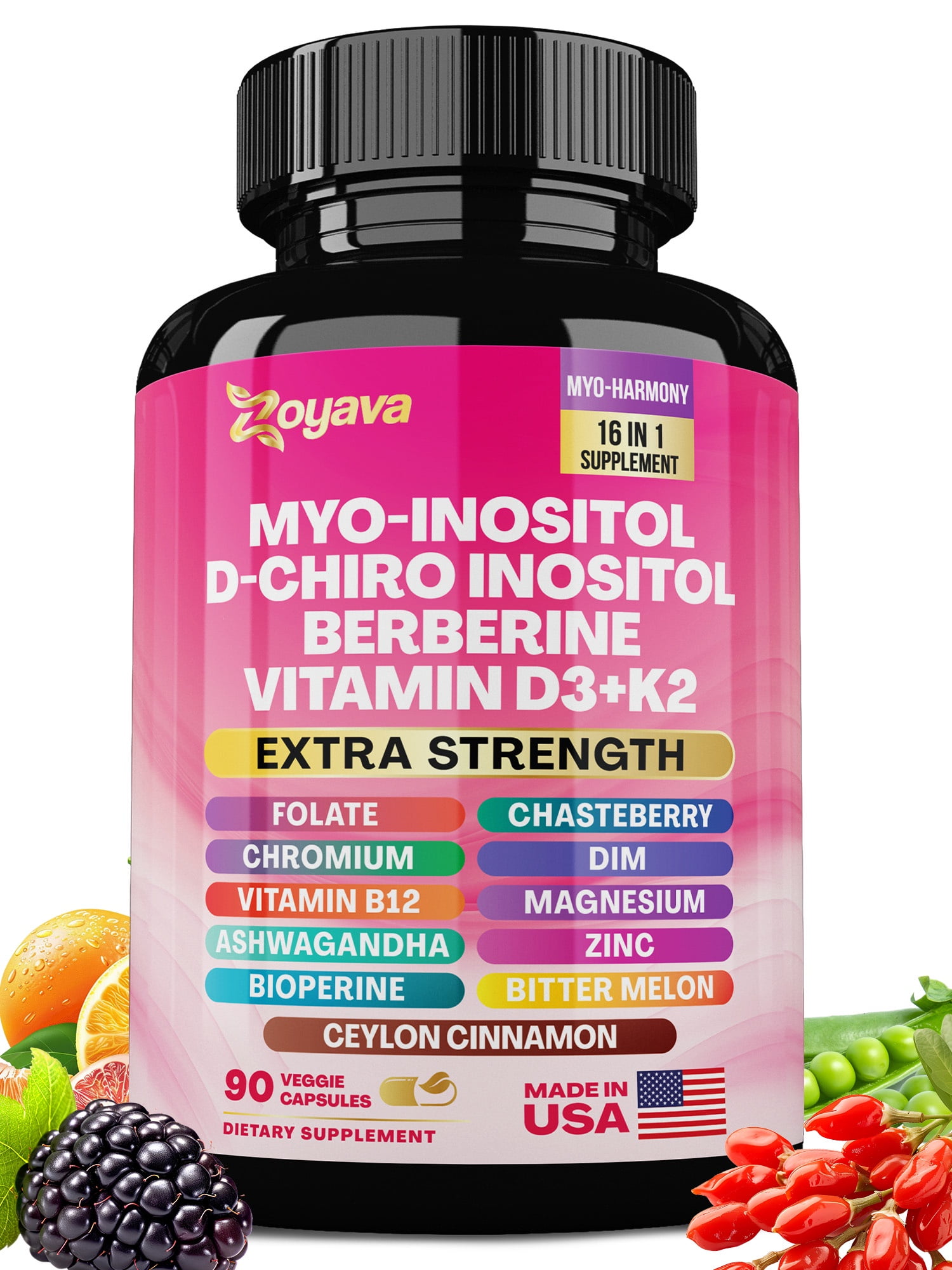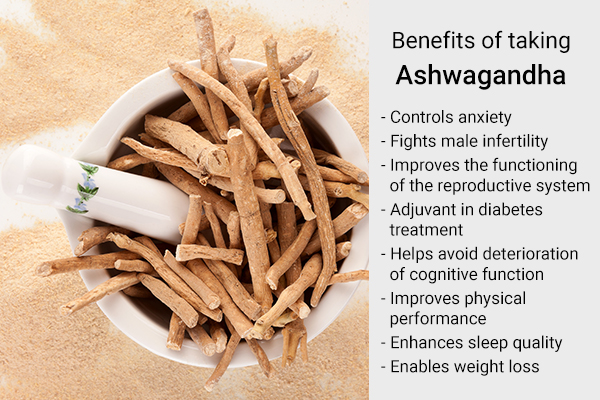Can I Take Ashwagandha And Berberine Together

Urgent health query: Mixing ashwagandha and berberine could trigger unexpected interactions. Proceed with extreme caution and consult a healthcare professional immediately.
The simultaneous use of these popular supplements demands careful consideration due to their overlapping and potentially synergistic effects on blood sugar, blood pressure, and the nervous system. Mismanaged interactions can lead to serious health consequences.
Understanding the Supplements
What is Ashwagandha?
Ashwagandha is an ancient medicinal herb used in Ayurveda, known for its adaptogenic properties. It's often used to reduce stress, improve energy levels, and enhance cognitive function.
Some studies suggest it can also lower blood sugar levels and blood pressure, although more research is needed.
What is Berberine?
Berberine is a bioactive compound found in several plants, including goldenseal and barberry. It is frequently used for its potential to lower blood sugar, improve cholesterol levels, and promote weight loss.
Research indicates that berberine can be as effective as some medications for managing type 2 diabetes.
The Interaction Risk
The primary concern lies in the potential for additive effects. Both ashwagandha and berberine can lower blood sugar levels.
Taking them together could lead to hypoglycemia, especially in individuals already taking medications for diabetes or those with pre-existing low blood sugar.
Similarly, both supplements may contribute to lower blood pressure. This combined effect can cause hypotension (low blood pressure), resulting in dizziness, lightheadedness, and even fainting.
Who is at Risk?
Individuals with diabetes, pre-diabetes, or those taking medications to manage blood sugar levels are at higher risk.
People with low blood pressure or those taking antihypertensive medications should also exercise extreme caution.
Furthermore, individuals with liver or kidney problems should consult a healthcare professional before combining these supplements, as both can potentially affect these organs.
Confirmed Data and Research
While dedicated studies on the combined use of ashwagandha and berberine are limited, existing research highlights the individual effects of each supplement.
A meta-analysis published in the Journal of Ethnopharmacology showed that berberine significantly reduced blood glucose levels in patients with type 2 diabetes.
Studies on ashwagandha, featured in the Journal of Alternative and Complementary Medicine, suggest its potential to lower cortisol levels (a stress hormone) and improve blood sugar control.
However, the combined effect remains largely unstudied, increasing the risk of unpredictable interactions.
Symptoms to Watch For
Be vigilant for signs of hypoglycemia, including shakiness, sweating, rapid heartbeat, confusion, and dizziness.
Symptoms of hypotension include lightheadedness, blurred vision, fatigue, and nausea.
If you experience any of these symptoms, discontinue use immediately and seek medical attention.
Expert Recommendations
Healthcare professionals overwhelmingly advise caution when combining ashwagandha and berberine.
Dr. Anya Sharma, an integrative medicine specialist, states, "The lack of robust data on combined use necessitates a conservative approach. Individual responses can vary significantly, making it difficult to predict the outcome."
Pharmacist David Lee adds, "Always inform your doctor and pharmacist about all supplements you are taking to avoid potentially dangerous interactions. Monitoring blood sugar and blood pressure is crucial if you choose to use both."
Next Steps and Ongoing Developments
Stop taking both supplements immediately if you experience any adverse effects. Consult with your healthcare provider for personalized advice.
Report any adverse reactions to the Food and Drug Administration (FDA) to contribute to post-market surveillance of supplement safety.
Further research is needed to fully understand the combined effects of ashwagandha and berberine and to determine safe usage guidelines.


















